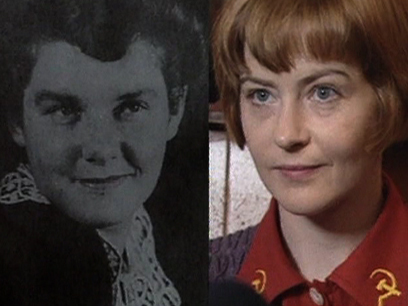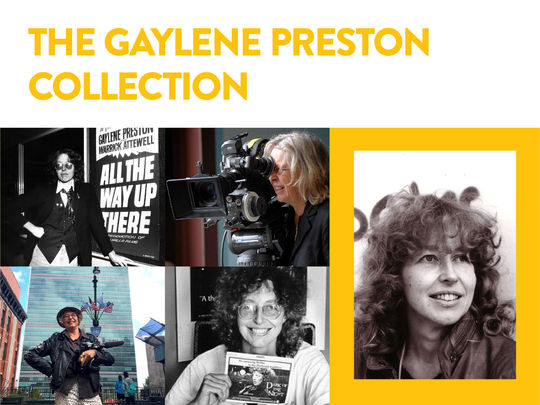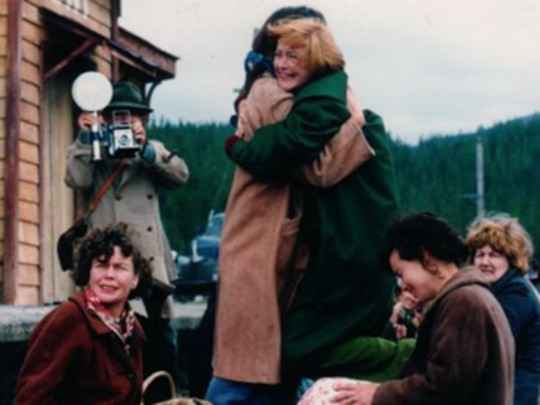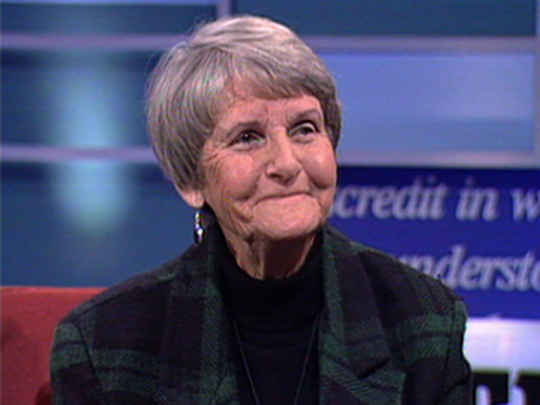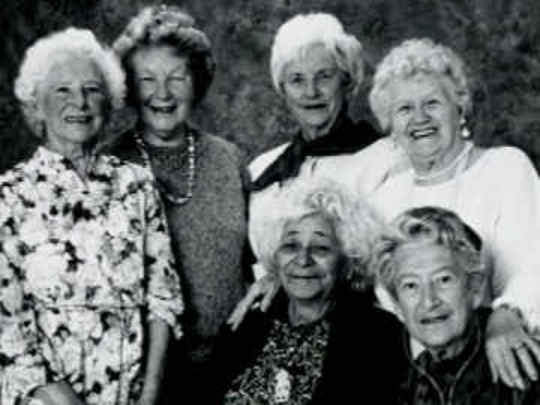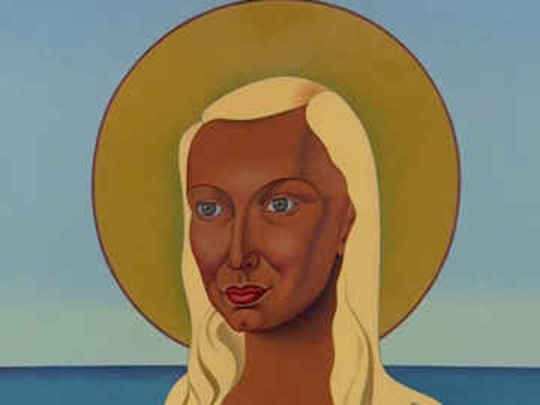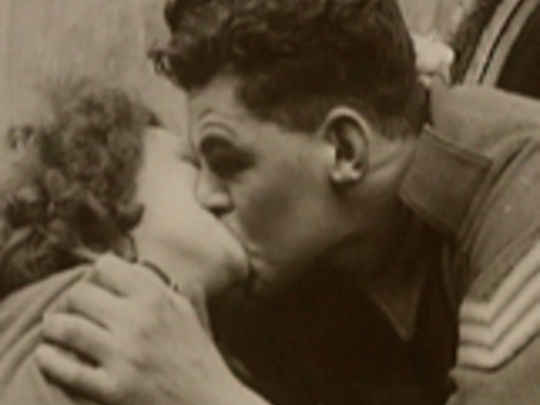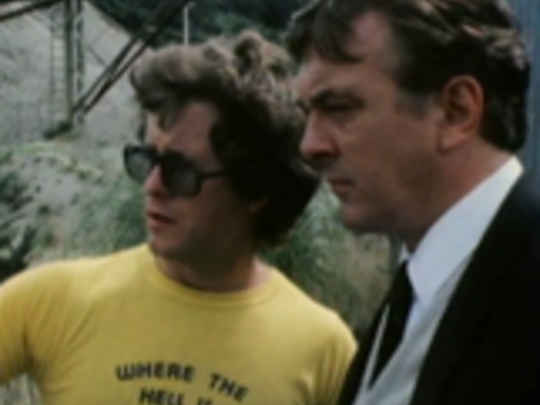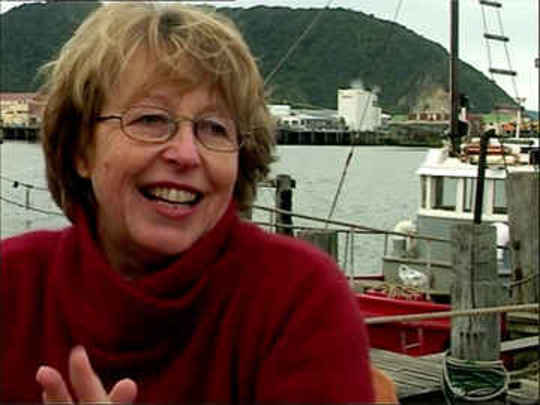The Making of Bread and Roses
Television (Full Length) – 1993
Bread & Roses
Released to mark 100 years of women's suffrage in New Zealand, Bread & Roses tells the story of pioneering trade unionist, politician and feminist Sonja Davies, who rose to prominence in the 1940s and 50s.
Judged a triumph for New Zealand cinema and equally popular in its television form, Bread & Roses sits alongside Jane Campion's An Angel at MyTable (1991) as a shining example of quality serial drama from the early 1990s.
At over three hours in length, the film debuted as a four-part drama series in October 1993, and screened over consecutive weeks in TV One's prestige Sunday Night Theatre slot. It also received a cinema release and screened in the 1993 New Zealand Film Festival.
"There's nothing conservative or nostalgic about this view of our past," wrote Festival director Bill Gosden. "A long time in the gestation, this is a richly developed, highly detailed and beautifully realised piece of work."
The film moves swiftly through Davies' early years — childhood, first love and divorce — to concentrate on the formative events that led to her political activism. These include the birth of an illegitimate child, her struggles for employment equality and a near-fatal battle with tuberculosis.
As one of the ring-leaders of a 1955 "sit-down" protest on a railway line threatened with closure, Davies comes to public attention and her self-knowledge that the individual can make a difference is awakened. Despite remaining active in national politics until her retirement in 1993, the film culminates with Davies' successful election to the Nelson Hospital Board in 1956.
Local audiences identified with the truthful depiction of a turbulent time in local history and were enthusiastic in their response. In particular, the often-painful experiences of New Zealand women were well articulated, and director Gaylene Preston's sharp eye for social detail was praised.
Film critics were equally positive about the film.
"Warm, generous, and moving to a fault, this superbly mounted evocation of a life and an era slips through its epic length without a hint of a stumble," wrote Costa Botes in Onfilm magazine, August 1993.
In The Evening Post, Ian Pryor wrote: "As a film, Bread & Roses achieves that rare feat of stepping back into the past, yet staying very much alive; it overflows with memorable impressions of our country and our people — especially the women."
For her role as Davies, Australian actor Genevieve Picot (Proof) won Best Performance awards in both Film and Television categories. Her powerful performance anchored the film, but credit was given to scriptwriters Graeme Tetley and Preston for representing both the light and shade in Davies' character. Sensitive direction from Preston gave the film balance and a lightness of touch, which meant the politics of the story were powerfully conveyed but never laboured over.
Preston augmented her reputation as a director of compelling historical narratives with the release of War Stories the following year.
Fresh as the day it was released, Bread & Roses stands as a fascinating account of social history, exploring issues of gender, privilege and power.
